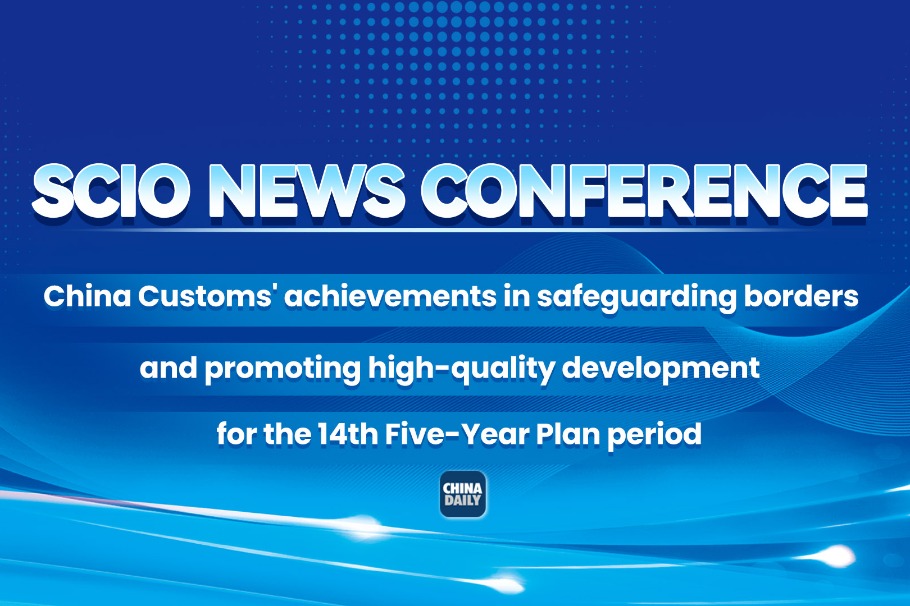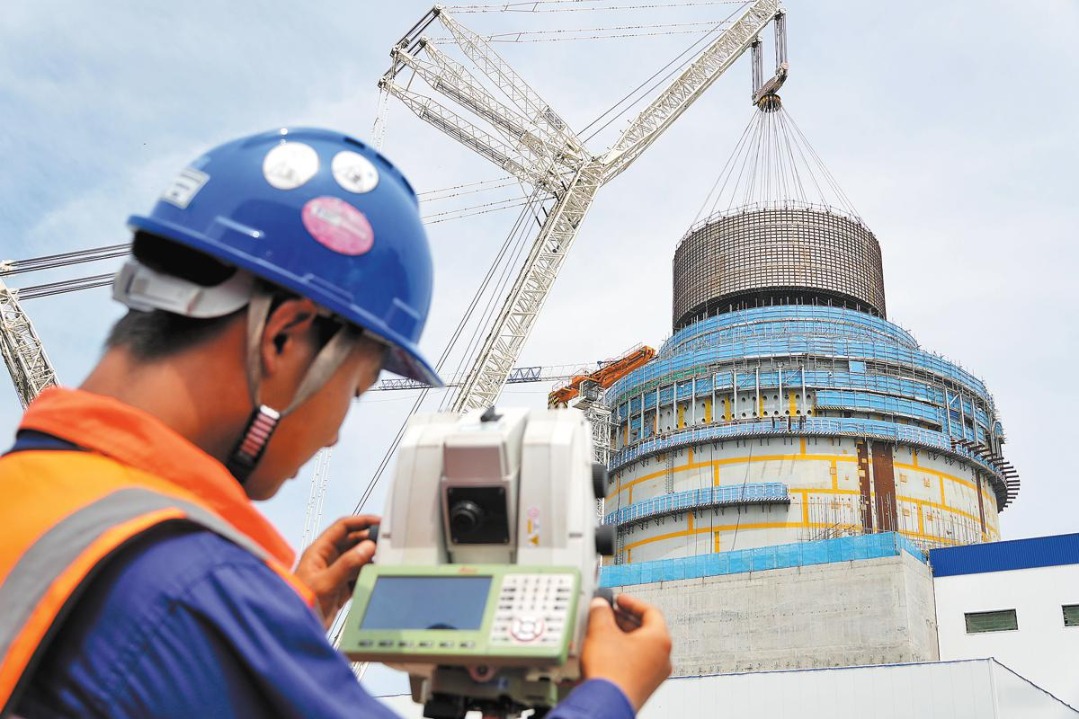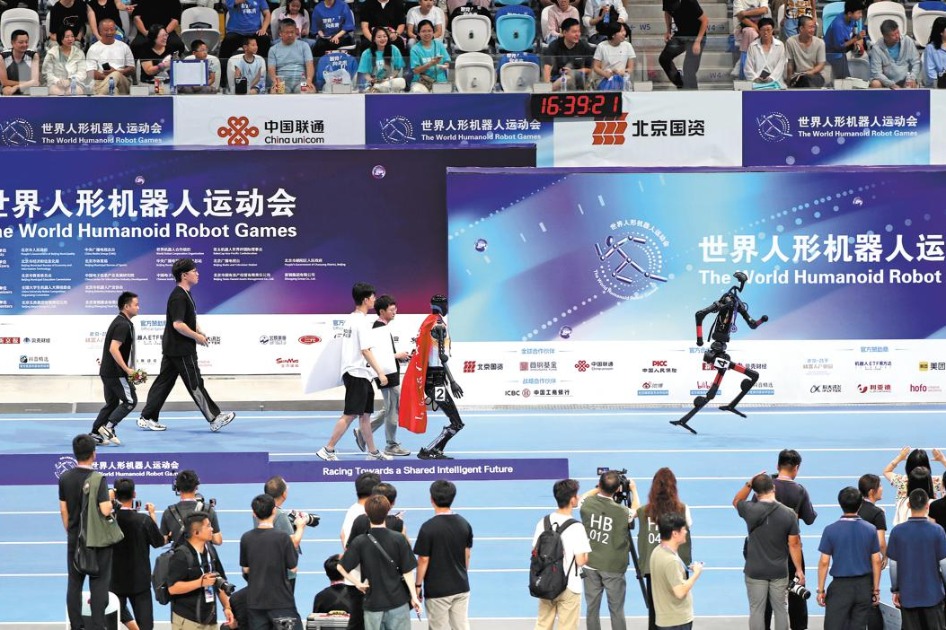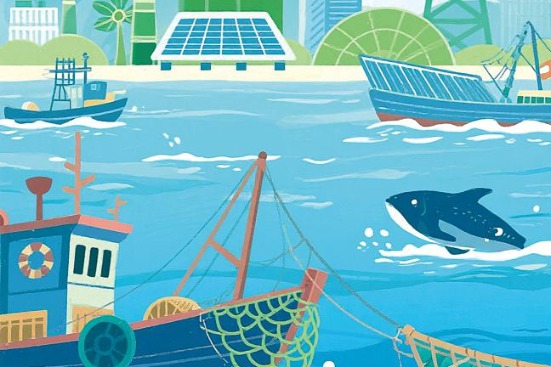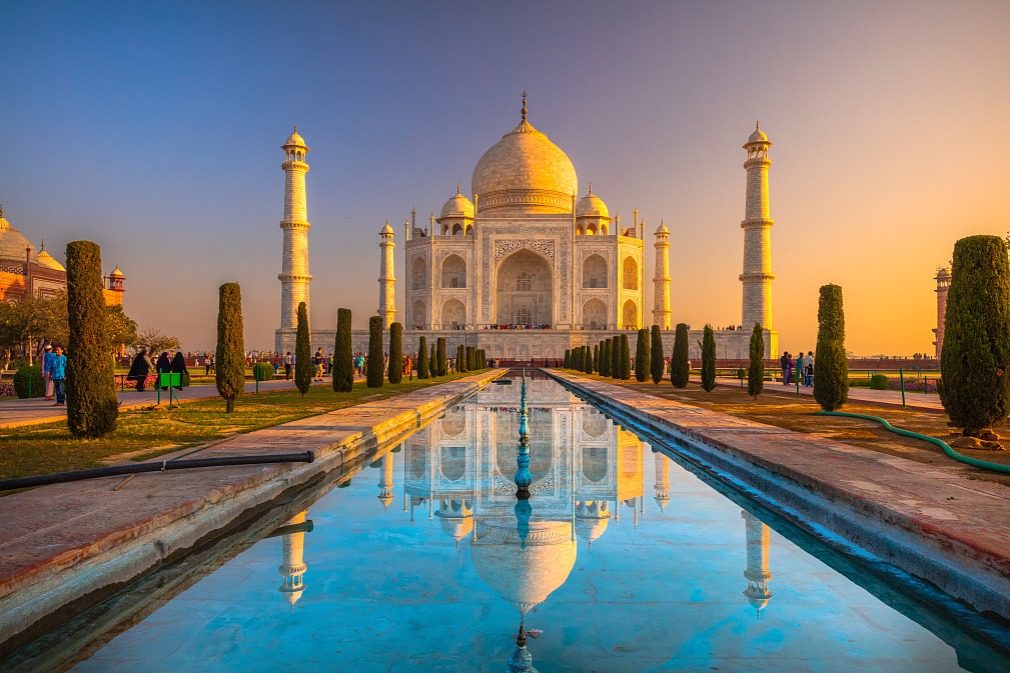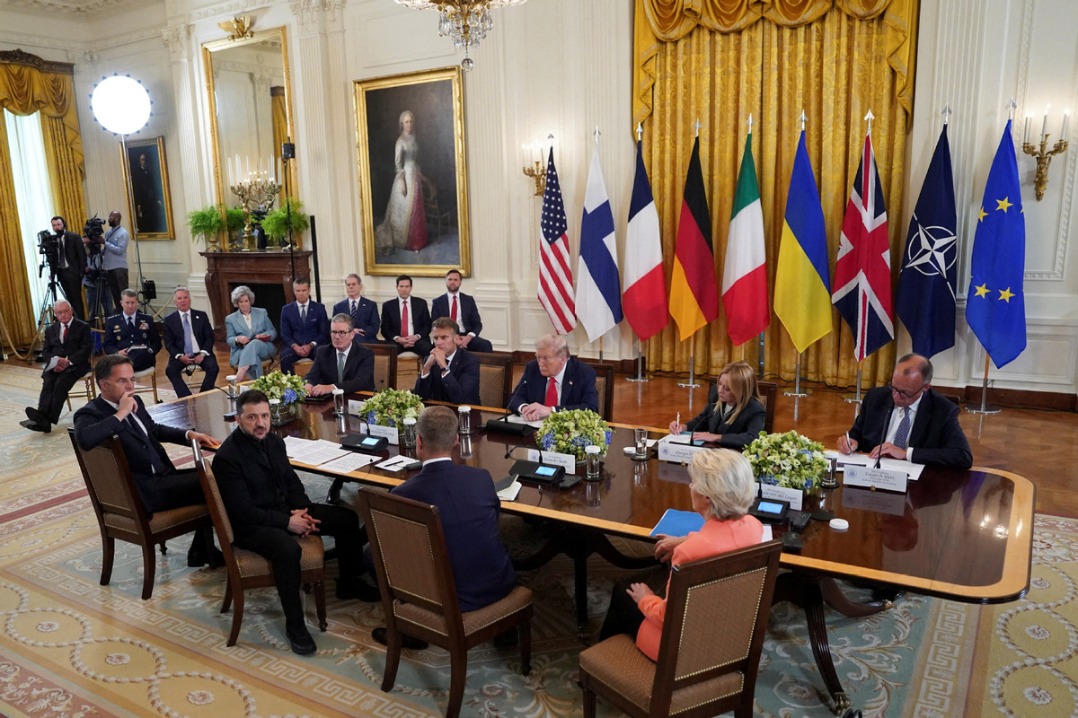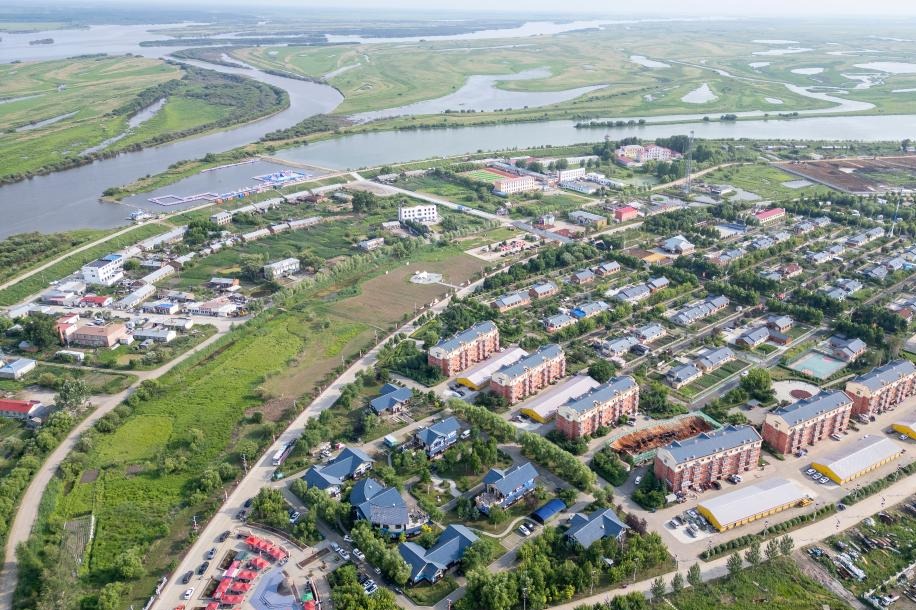Escape cause


Europe must break out of the prison of false historical time it has interned itself in
Editor's note: The world has undergone many changes and shocks in recent years. Enhanced dialogue between scholars from China and overseas is needed to build mutual understanding on many problems the world faces. For this purpose, the China Watch Institute of China Daily and the National Institute for Global Strategy, Chinese Academy of Social Sciences, jointly present this special column: The Global Strategic Dialogue, in which experts from China and abroad will offer insightful views, analysis and fresh perspectives on long-term strategic issues of global importance.
One of the most underappreciated factors shaping the long-term geopolitical behavior of the West is a set of foundational worldviews rooted in the core of Western Christianity. Among these is the West's distinctive conception of historical time. From a Western perspective, historical time is linear, teleological, deterministic and eschatological — that is, it has a beginning, an end and a purpose that unfolds inexorably through a kind of historical mechanism.
Simultaneously, another defining element of Western civilization is its inherent Manichaeanism — an interpretative framework that envisions a perpetual struggle between two diametrically opposed forces: good and evil. This antagonism intensifies over time, ultimately reaching a climactic resolution at the eschaton — the end of human history.
Rather than being dismantled during the Enlightenment or the Humanist movement, these religious worldviews were secularized, shedding their overt metaphysical dimensions and becoming embedded within the material and political structures of the West. Today they continue to operate as invisible yet powerful forces, deeply ingrained in the collective psychological fabric of Western societies.
The years spanning the outbreak of World War I to the conclusion of the Cold War were internalized in Western collective memory as the culmination of humanity's historical trajectory — a march toward a final confrontation between good and evil on an apocalyptic scale.
Indeed, this era was marked by unprecedented technological acceleration, conflicts of catastrophic magnitude, and the advent of weapons with apocalyptic potential. The Man of the 20th century attained quasi-divine capabilities — capable of transcending spatial limits and, more ominously, of destroying the world through nuclear force. Thus, for the West, the end of the Cold War was not merely a significant geopolitical milestone, but rather a moment of eschatological fulfillment. It was interpreted as a cosmic confrontation with communism, a force likened to an apocalyptic threat, which, once vanquished, signaled the triumph of Good over the thermonuclear alternative.
This synthesis of civilizational trauma — borne from successive wars and the looming specter of nuclear annihilation — combined with the West's self-celebration of its technological prowess and its self-ascribed moral superiority, has fostered a collective reluctance to transition into a new historical epoch.
With only a modest degree of rhetorical exaggeration, one could argue that the West has resisted entering a post-Cold War historical phase. Until recently, it operated within an imaginary, temporally suspended framework — perceiving that the "end of history" had arrived and that the global order would remain frozen in the "unipolar moment" of the United States' hegemony.
Yet history does not halt. Consequently, the West appears to be gravitating toward an alternative, albeit equally erroneous, reading of global dynamics: the revival of a bipolar order and a renewed Cold War.
The prevailing narrative in the contemporary Western discourse posits that we have entered a "new Cold War". However, like all historical phenomena, the Cold War was a unique constellation of geopolitical, ideological and technological conditions. It cannot be replicated in its original form, and the current global environment is fundamentally novel.
This nuance is often lost in the Western imagination, which continues to interpret world affairs through deterministic historical frameworks. As a result, the West assumes that it is reliving the Cold War and anticipates a similar outcome: a renewed Western "victory", whatever that may signify.
Yet such a reenactment would require a clearly defined bipolar structure. Accordingly, the West tends to view itself as a cohesive geopolitical bloc engaged in existential struggle against a non-West grouping. This dichotomous interpretation, however, is deeply flawed. There is neither a unified "West" nor a homogenous and integrated Eurasian counter-bloc.
In reality, the international system is multipolar. However, the concept of multipolarity itself demands refinement. Contrary to the Manichaean tendencies embedded in Western strategic thinking, multipolarity is not merely the coexistence of multiple power centers. It also entails the hybrid nature of interpolar relations — a dynamic interplay of cooperation and competition rather than rigid alignments or absolute oppositions.
Even within the two principal pillars of the Euro-Atlantic system — the US and Western Europe — relations are not uniformly cooperative. The transatlantic ties are marked by an unprecedented degree of ambiguity, tension and mutual suspicion. Competitive dynamics have intensified, particularly since the rise of President Donald Trump, whose administration has fragmented the global economic system and begun treating Western Europe as a geoeconomic rival.
Moreover, Western Europe, for the first time in its modern history, finds itself increasingly isolated. To its east lies Russia, with which relations are at a historic nadir. For the first time, Russia is conceptualized not merely as an adversary, but as entirely alien to Europe itself. In the Middle East, the strategic environment remains fluid and unpredictable.
It is therefore imperative for Europe to transcend the imaginary, Manichaean and eschatological constructs of a "new Cold War" and reengage with actual historical time and the realities of the contemporary international system. Achieving this necessitates, above all, the establishment of a constructive and rational relationship with China.
This is not only because China is rapidly becoming a principal architect of global transformation, but also because there are no intrinsic geopolitical rivalries between China and Western Europe. On the contrary, they share significant areas of economic interdependence and common interest.
Furthermore, China represents a crucial interlocutor and a stabilizing force that could help avert escalation into crisis.
The author is professor of geopolitics and modern weapons technologies and head of the Department of Theory and Analysis of War at the Hellenic Military Academy. The author contributed this article to China Watch, a think tank powered by China Daily. The views do not necessarily reflect those of China Daily.
Contact the editor at editor@chinawatch.cn.



















